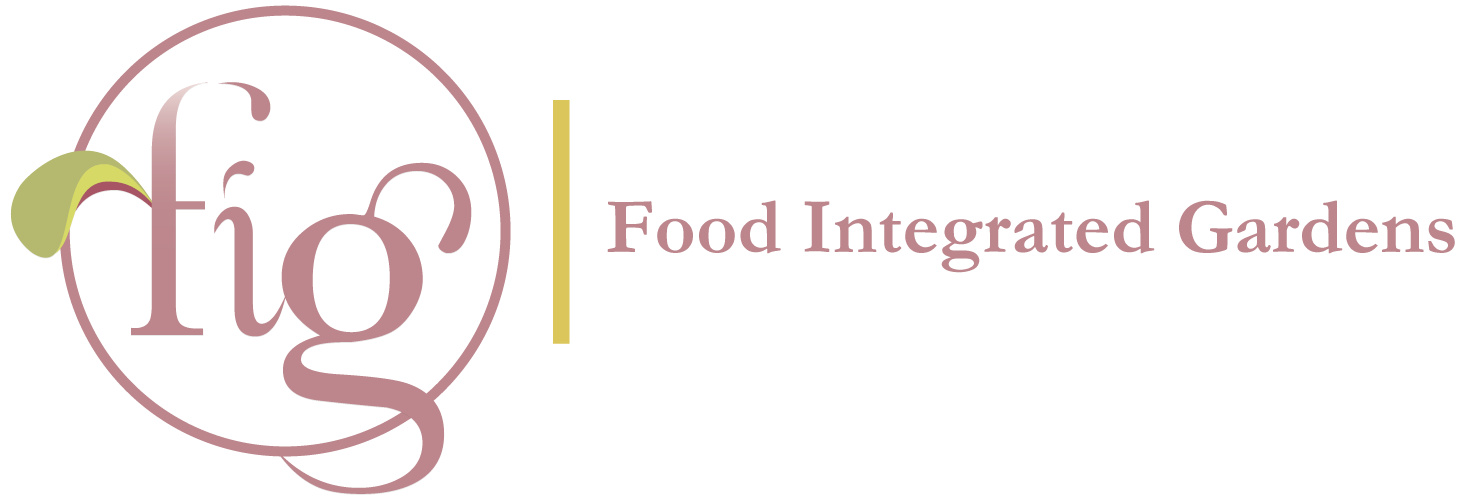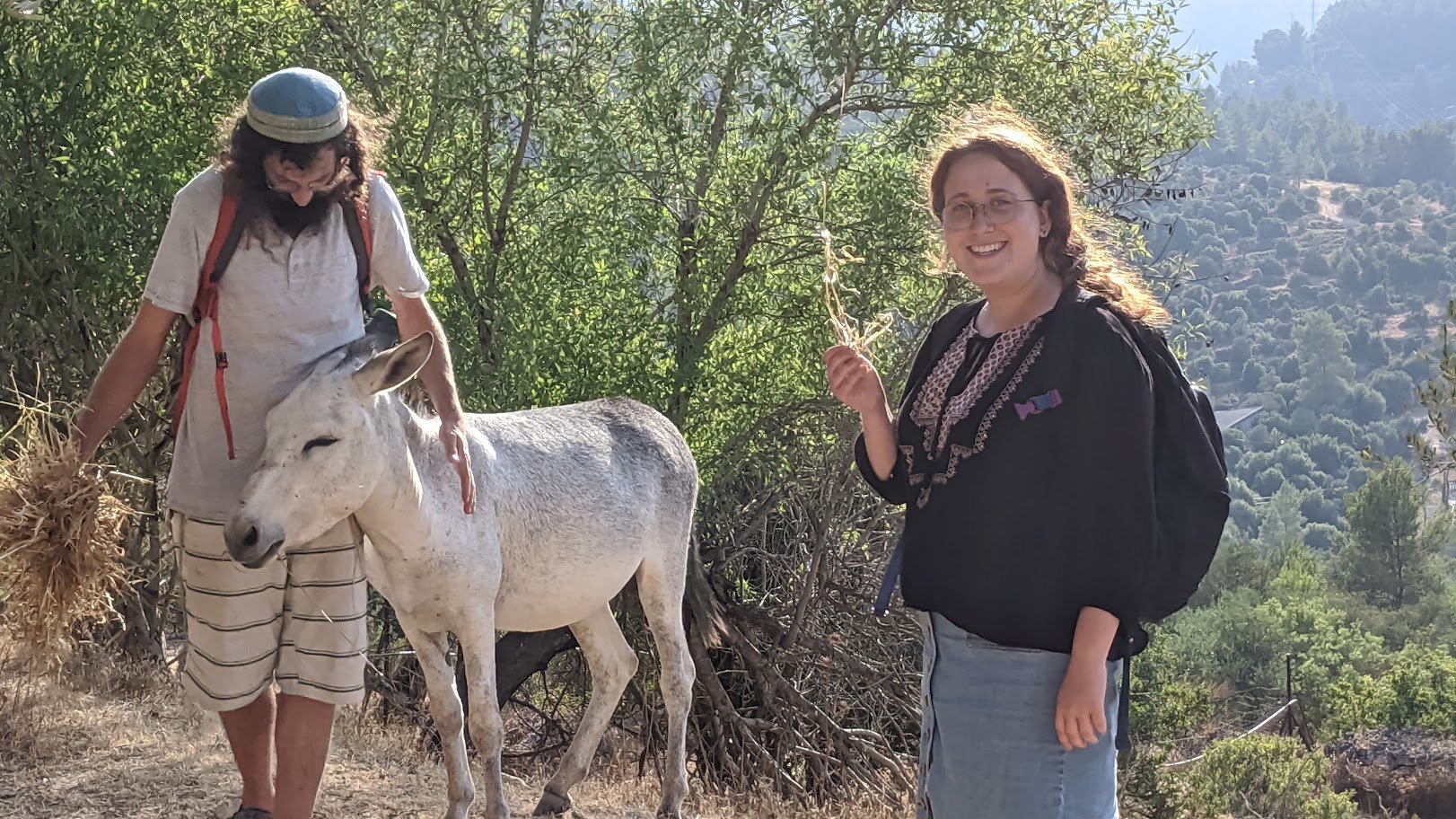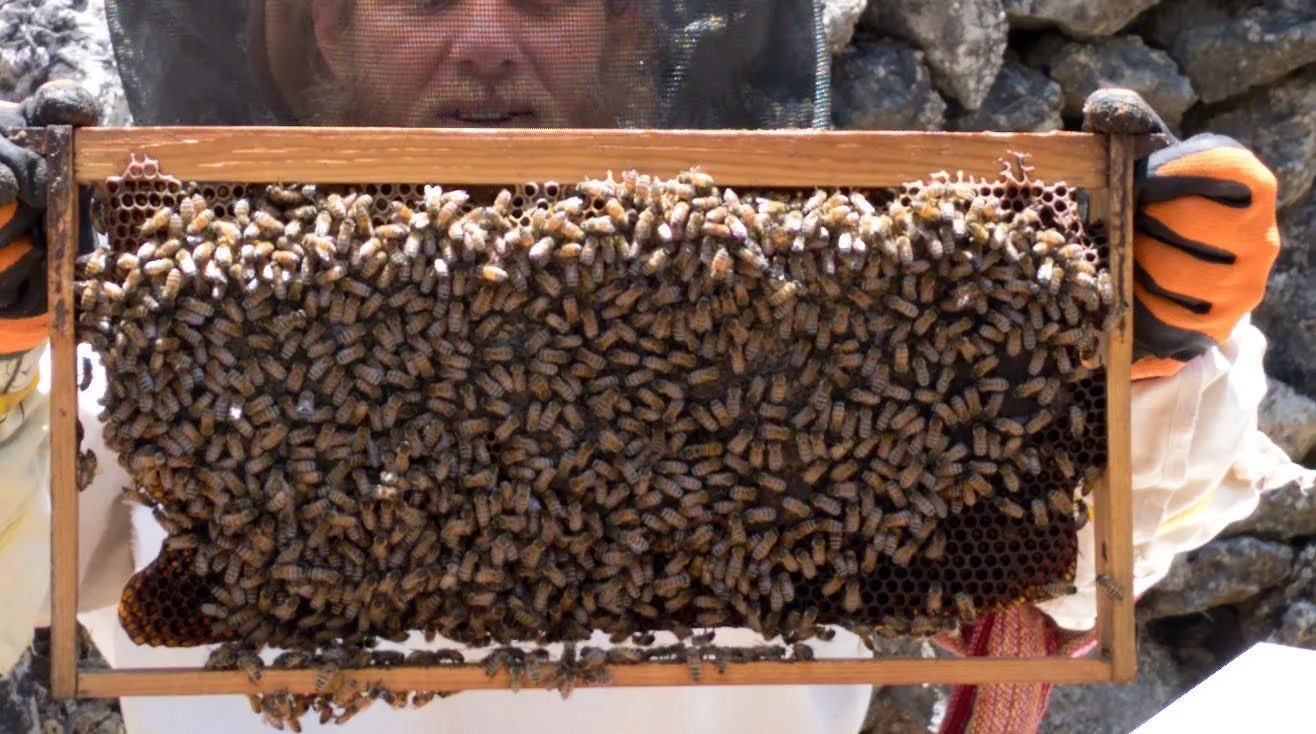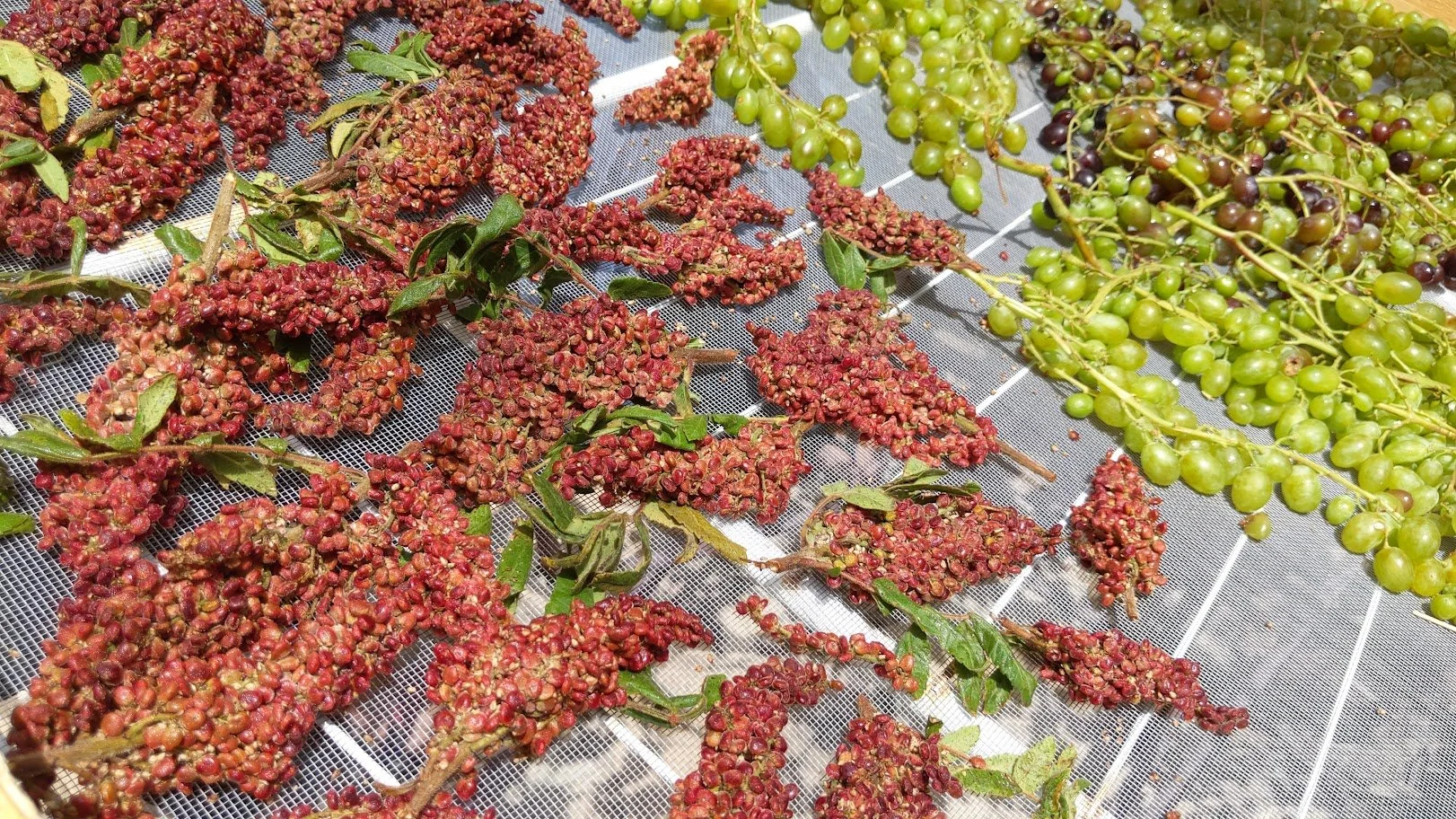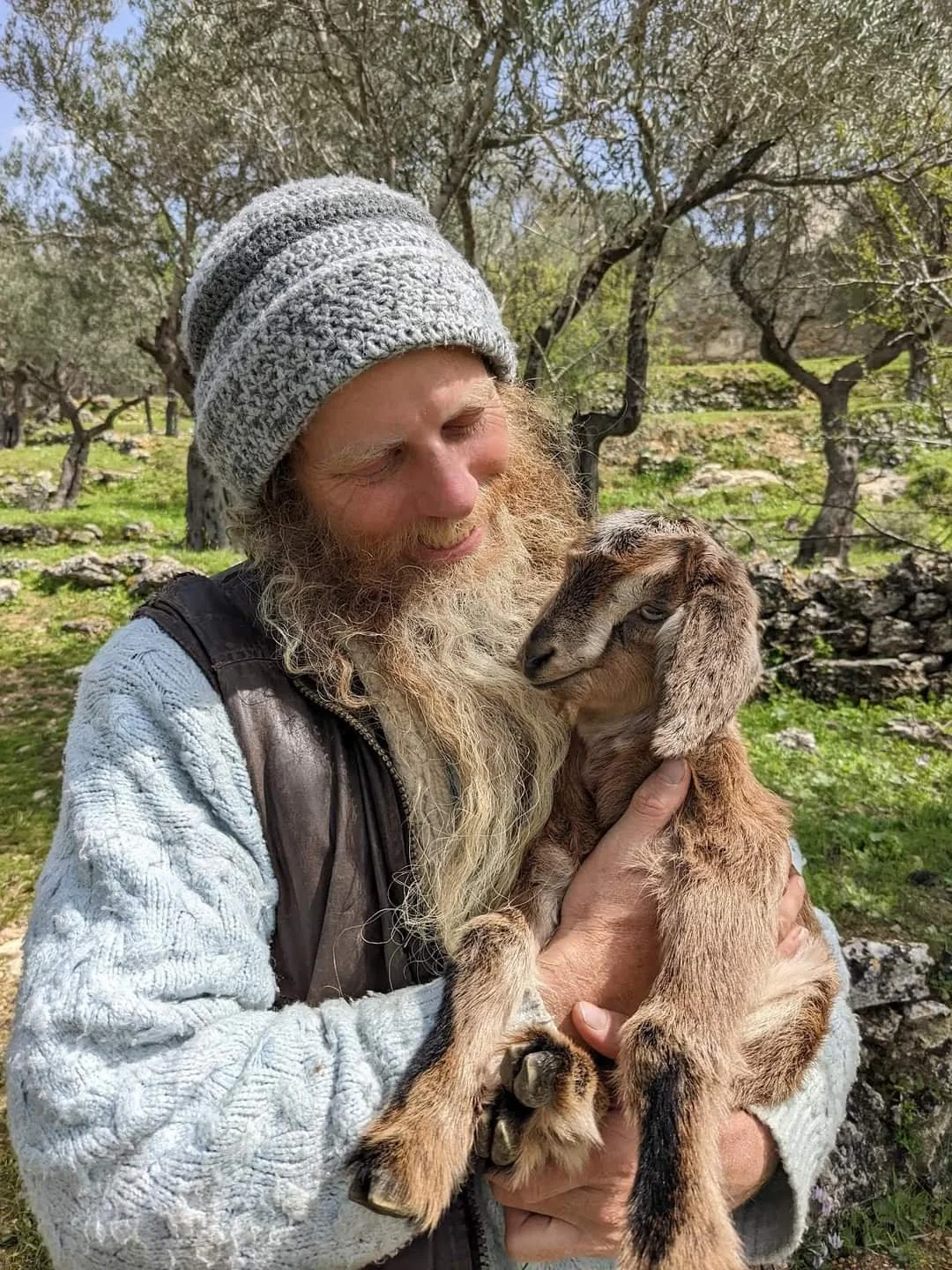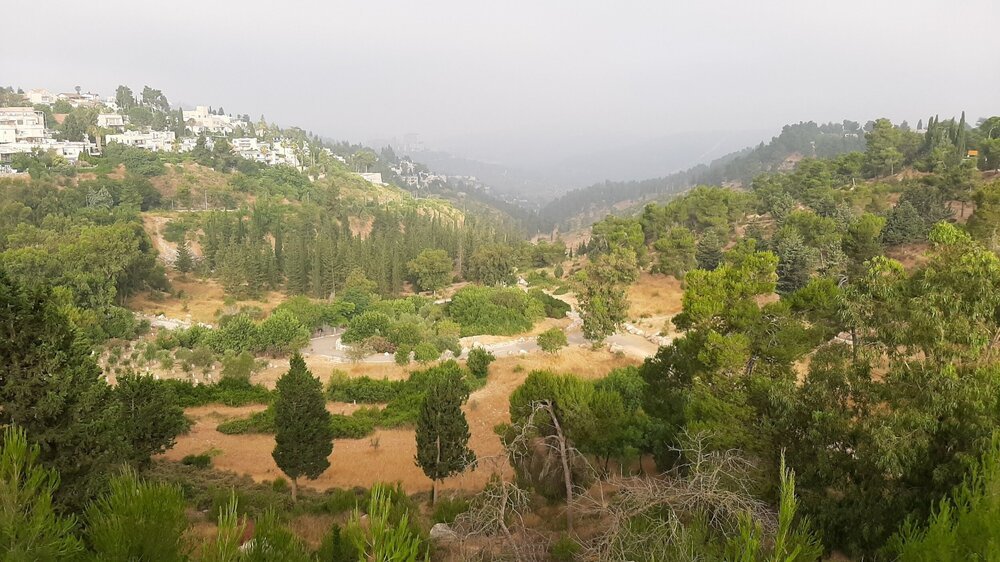
Har Hayot Farm
Nestled in the foothills of Jerusalem, Har Hayot (Hebrew for “Animal Hill”) comprises 60 dunams, or approximately 15 acres of land, in which community and soil are cultivated, goats and donkeys freely graze and honeybee hives pollinate.
Har Hayot farm draws on the principles of Permaculture Design, centered on whole systems of thinking, simulating, or directly utilizing the patterns and resilient features observed in natural ecosystems. Through regenerative agriculture practices, we are building systems that will sustain us through the upcoming Shmita year (5782; aka 2021-22) and beyond.
Our goal for the upcoming Shmita, or Sabbatical year, is to release the land from work, actualizing the ecological, ethical and economic wisdom of Jewish agricultural biblical tradition. A rich, diverse and healthy living soil will continue to produce abundant fruits and the landscape will be constructed in such a way that its water and nutrient absorption rates will increase.
The landscape of Har Hayot is predominantly based on ancient terraces, a hard rocky soil. The Har Hayot team, including many spirited volunteers, apprentices, and partners, has been working on fortifying the integral infrastructure of the terraces which, over time, have lost much of their stability. The terraces play an important role in the water management system of the landscape, in a similar way to swales. Instead of the water running away on the landscape and creating soil erosion and loss of nutrients, the terraces harvest rainfall. Therefore, by strengthening the terraces we are both holding the soil and storing the water, thereby improving the health and diversity of plant life. The water that flows into the landscape is spread, slowed down, and is then sunk into the terraces, a crucial feature in a drought-tolerant region. We are in the process of cultivating additional water sources, water lines and natural pool systems, to be used for irrigation, land restoration, and hydration for animals.
The existing native forest, containing a mix of pine, oaks, Mediterranean fruit trees and local indigenous species, is a great base for the Har Hayot perennial food forest. The principles of permaculture guide us to create closed loop systems that can thrive with little interference. Key elements in this food forest system include planting nitrogen-fixing plants, pollinator plants, and companion plants for pest control, while promoting symbiotic relationships that help create a fertile landscape. The soil quality is enhanced with tea compost biofertilizers created by collecting mycelium from the forest floor and a special fermentation recipe in which we enliven the soil through living microorganisms.
In the past few years, we have implemented holistic polycultural animal grazing, in a free-range organic paradigm. Our herd of goats and donkeys keep grasses and plant fuel mass down, protecting against potential fires, a common scenario in the Jerusalem heat. In our first year of operation, we had to assist with hand tools to cut the grass. However, in our second year our well managed animals were exceptionally effective at not only keeping the dried, wild grasses grazed low, but also at consuming weeds and foraging from the lower branches of trees. In the summer of 2016, surrounding fires devastated the Jerusalem hillside, but did not affect or spread to our farm.
Simultaneously, the animals are creating fertility in the landscape through their waste product, and with continual trailblazing, they break down the material and create mulch in the landscape, helping to build topsoil. Our ethical honeybees add to a rich and diverse ecosystem, pollinating plants and flowers.
Through the combination of systems and strategies described above (rehabilitation of terraces, perennial based systems, application of biofertilizers and polycultural animal grazing), we are laying the foundation for our market garden and Mediterranian food forest, to produce a high quality, slow, stable and resilient system, growing nutrient-dense food.
We will be enhancing soil fertility with application of biofertiliers to create healthy living soil. In the first year, the market gardens will be plowed with a mixture of animal power, human power, and tractors to remove the rocky subsurface. In the second year, however, it will be a no-till garden, in which we don't plow, but rather continue to build the topsoil. Select vegetables which break through soil and open grounds, specific cover crops, as well as chop and drop systems, will be included in this design. Furthermore, we will use compost and mulching to support rich, living soil. In the future, we plan to add chicken tractors to help work the soil.
Our food forest will become a community project, in which anyone and everyone can reap from the abundance. The food will be ownerless or hefker, in Shmita parlance. Last year, we hosted Sukkot on the farm, encompassing a community workday of fence repair and terrace rehabilitation, meditation, yoga, somatic breathwork, and communal meals, culminating in a community-wide raindance event, generously sponsored by the Schusterman Foundation’s Grassroots Event grants. Community members also came together to build our composting toilet, outdoor kitchen and more. We plan to host more events on the farm, which is strategically located near public transportation, an ecological oasis for nature-starved urban-dwellers. We are forging connections with local schools, as Har Hayot is a living outdoor experiential classroom open to all.
Last year, we hosted our first permaculture design course (PDC) at Har Hayot, after seven years of teaching permaculture to groups and individual apprentices at various sites around Israel. The incredible cohort learned and applied regenerative agriculture techniques, whilst weaving the rich wisdom of Shmita principles into the land.
Scientists concur that the devastation of climate change has already begun and will worsen dramatically in the coming years. As climate change is a crisis of systems—ecosystems, economic systems and social systems– it must be addressed systemically. Permaculture employs systems-thinking and pattern recognition, combining solutions into synergistic strategies that work with nature and fit local culture and conditions. Like climate change, Shmita affects ecological, economic, and social systems. An ancient technology with valuable application in today’s world, Shmita offers an antidote to the consumerist, capitalist model based on scarcity and power over. Permaculture and Jewish Shmita-based ethics charge us with creating abundance, sharing it fairly, and limiting overconsumption in order to benefit the whole - a potent antidote to climate change. At Har Hayot we are regenerating and revitalizing the soil, our farm, and our wider community. We invite you to join us!
Paz Faigenbaum, Founder and Director Food Integrated Gardens (FIG), is helping spearhead the Jerusalem food forest movement. Having learnt in Australia with leading pioneers in the permaculture field, he is head of Agriculture Systems at Har Hayot Farm.
Goals of Har Hayot as a regenerative field
Increase fertility of soil
Improve water absorption rate of soil
Establish a pereniallised food production system
Plant local drought tolerant species
Establish a rich diverse seed bank of heirloom varieties
Model polyculture animal husbandry in free range
Practice animal husbandry as a form of fire prevention
Employ no-tillage as a form of building rich topsoil structure
Increase local food production to reduce fossil fuel miles of transportation
Become Jerusalem’s first permaculture Shmita farm and living example of Regenerative Agriculture
Become education site and model for rest of Israel
Practice sustainable forestry, selected thinning of trees
Become community centre and farmers market
Employ four seasons food growing in greenhouses that can extend the season and allow for farming during times of Shmita
